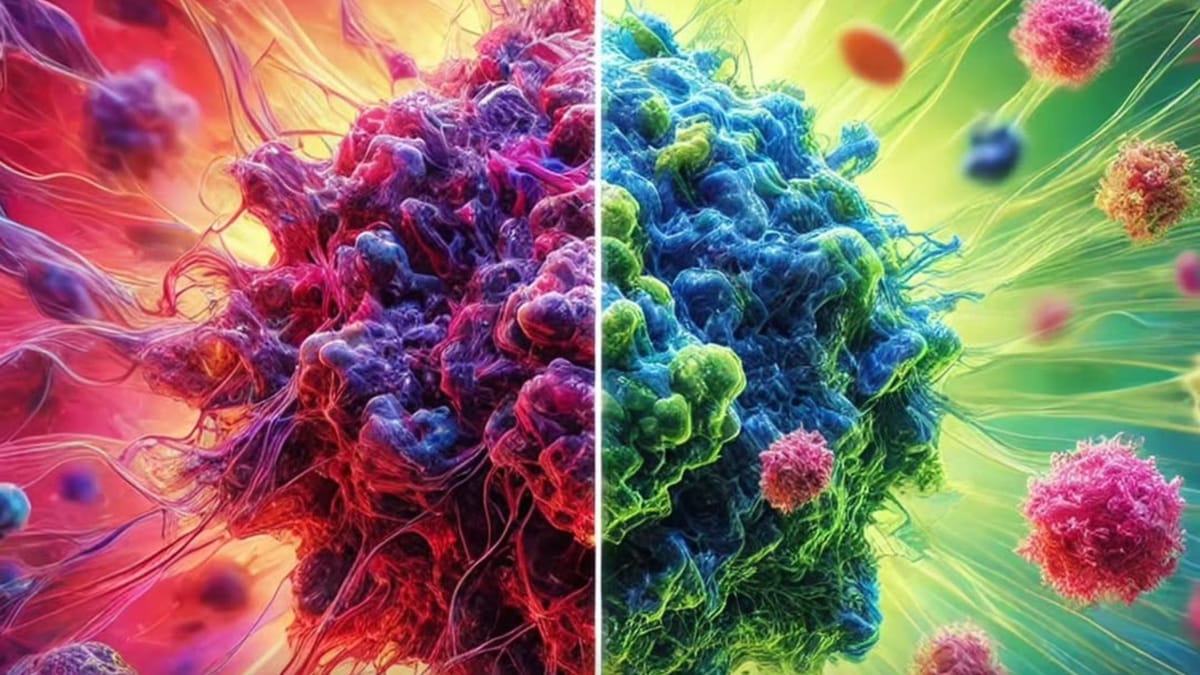Revolutionizing Cancer Treatment: KAIST’s Breakthrough in Reversible Cancer Therapy
In a groundbreaking discovery, researchers at KAIST (Korea Advanced Institute of Science and Technology) have unveiled a revolutionary method to combat colon cancer.

Instead of destroying cancer cells—the traditional approach fraught with harmful side effects—this innovative technique reverts cancer cells back to their healthy state. Dubbed "reversible cancer therapy," this development has the potential to reshape the future of cancer treatment.
A New Era in Cancer Research
Cancer treatments like chemotherapy and radiation therapy often come with severe side effects, including damage to surrounding healthy tissue.
KAIST’s research offers an alternative approach by targeting the root cause of cancer at a molecular level.
Using a sophisticated digital gene network model, the team identified three pivotal "master regulators" responsible for cell differentiation in colon cancer cells: MYB, HDAC2, and FOXA2. These molecules act as switches that drive cancerous behavior.
By suppressing their activity, the researchers successfully reverted malignant colon cancer cells to their original, healthy state in both laboratory settings and mouse models.
How It Works
The key to this breakthrough lies in the gene network model, which maps out how specific genes interact to maintain or disrupt cellular functions.
By silencing the master regulators, the cancer cells no longer exhibit uncontrolled growth and regain their normal function. Unlike conventional treatments, this method does not destroy cellular material, preserving the integrity of surrounding tissues.
Broader Implications
While the initial focus of the study is on colon cancer, the researchers believe this method could be applicable to other types of cancer, including brain cancer.
The potential to combat various forms of the disease without inducing toxic side effects could revolutionize how oncologists approach treatment.
The Road Ahead
The findings mark a significant step forward, but more research and clinical trials are needed to translate this therapy from lab experiments to widespread medical use.
If successful, reversible cancer therapy could provide a safer, more effective alternative to conventional cancer treatments, offering hope to millions of patients worldwide.
Why It Matters
KAIST’s innovative approach underscores the importance of rethinking cancer treatment. By addressing the disease at its molecular core and avoiding the destructive nature of traditional methods, this breakthrough aligns with a more patient-centered, less invasive future in medicine.
Stay tuned for updates as this promising research moves closer to transforming cancer care as we know it.




